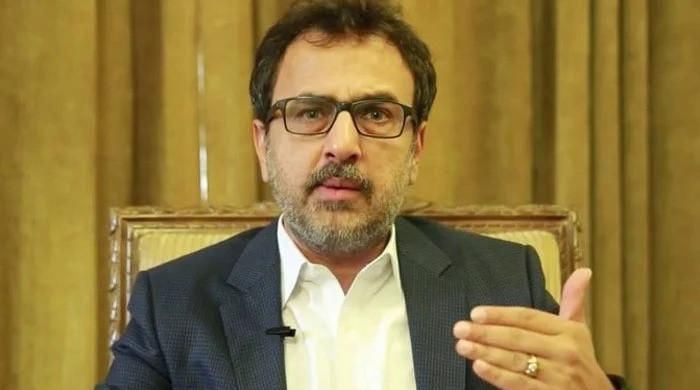- Leghari says Pakistan will ask Chinese independent power producers to stop importing coal.
- He says the move will also ease pressure on foreign exchange reserves.
- The claims transition could save Pakistan more than Rs 200 billion a year in imports.
ISLAMABAD: Pakistan has decided to pressurize Chinese independent power producers (IPPs), which rely on imported coal, to switch to locally sourced solid fossil fuels to reduce generation costs and provide relief to consumers plagued by hefty utility bills.
“Pakistan will ask Chinese power plants operating in the country this month to switch to using coal from the Thar region instead of imported coal,” Federal Minister for Power (Power Division) Awais Leghari told Reuters on Sunday.
He added that the transition could save Pakistan over Rs 200 billion a year on imports, which would translate into a decrease of up to Rs 2.5 per unit in the price of electricity.
“Islamabad may also initiate talks on re-adjusting Pakistan’s energy sector debt during its visit to Beijing.”
Such a transition would benefit Chinese-owned plants in Pakistan by reducing pressure on the country's foreign exchange reserves, he said, facilitating repatriation of dividends and offering a better return in dollar terms.
The energy tsar will be part of a delegation discussing structural reforms to the energy sector suggested by the International Monetary Fund (IMF), which last week agreed to a $7 billion bailout for the heavily indebted South Asian nation.
Neighbouring China has launched energy projects worth more than $20 billion in Pakistan.
“One of the main objectives of this project is the conversion of our units from imported coal to local coal. That would have a huge impact on the cost of energy, of electricity in the near future. So that is one of the most important items on the agenda,” Leghari said in an interview.
In April, a subsidiary of the Engro conglomerate agreed to sell all its thermal assets, including Pakistan's top coal producer Sindh Engro Coal Mining, to Liberty Power.
Liberty said the decision was due to Pakistan's currency crisis and the potential of its indigenous coal reserves.
The minister declined to give details on possible talks with China on rescheduling energy debt.
Pakistan's energy sector has been plagued by high rates of power theft and distribution losses, leading to a build-up of debt along the production chain, a concern raised by the IMF.
The government is implementing structural reforms to reduce circular debt (public liabilities that accumulate in the power sector due to subsidies and unpaid bills) by Rs 100 billion a year, Leghari said.
Poor and middle-class households have been hit by a previous IMF bailout last year, which included raising electricity rates as part of the funding program that ended in April.
Pakistan's annual energy consumption is expected to fall consecutively for the first time in 16 years as higher tariffs curb household consumption, even as summer temperatures rise to near-record levels, typically boosting use of air conditioning and fans.
“We have seen a downward trend in demand over the last one to one and a half years, and we expect this to continue unless we rationalise the price of power,” Leghari said, adding that the government's main challenge was to stop demand from declining.
He said that as the unit rate of energy is more expensive, both urban and rural households are opting for alternatives such as solar energy.
“Right now we have about 1,000 megawatts that are on the grid in the form of net metering and other systems. It's a very conservative estimate that (solar power) could be five or six times more than that on the grid right now,” Leghari said.












